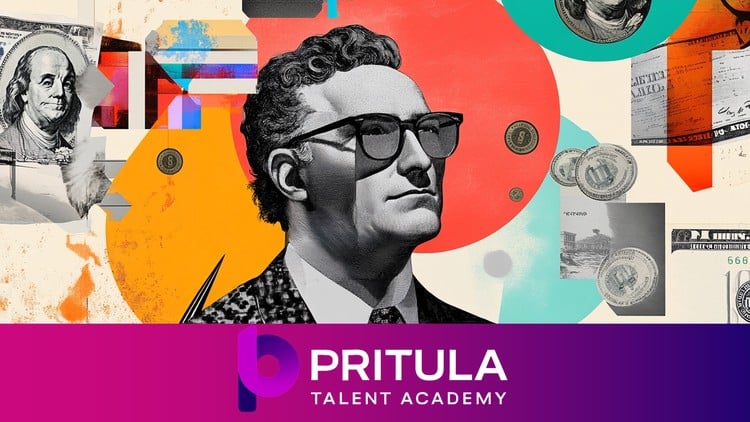
KPI Design | Performance Evaluation | Employee Recognition | Pay-for-Performance | HR Strategy | Compensation Planning
⏱️ Length: 3.7 total hours
⭐ 4.69/5 rating
👥 6,989 students
🔄 August 2025 update
Add-On Information:
Note➛ Make sure your 𝐔𝐝𝐞𝐦𝐲 cart has only this course you're going to enroll it now, Remove all other courses from the 𝐔𝐝𝐞𝐦𝐲 cart before Enrolling!
- Master the art of translating organizational vision into tangible individual and team contributions, ensuring every reward system reinforces strategic objectives.
- Unpack the psychological triggers of motivation and demotivation inherent in various reward structures, learning to craft systems that genuinely inspire high performance.
- Develop robust methodologies for identifying and mitigating potential biases within performance assessment and reward allocation processes, fostering equitable recognition.
- Explore advanced techniques for internal communication and change management, enabling seamless rollout and sustained adoption of new reward frameworks.
- Gain practical insights into integrating continuous feedback loops and iterative refinement processes to optimize recognition systems for dynamic business landscapes.
- Learn to benchmark your organization’s reward practices against industry best standards and emerging trends, identifying innovative approaches for talent management.
- Understand the critical importance of a “Total Rewards” philosophy, positioning performance recognition as a cornerstone alongside other employee value components.
- Acquire skills in dissecting the financial implications and return on investment (ROI) of different reward models, making a compelling business case for strategic programs.
- Design scalable and adaptable recognition frameworks that can evolve with organizational growth, changing market conditions, and diverse workforce demographics.
- Discover how to cultivate a pervasive culture of appreciation and high performance, where recognition becomes an embedded daily practice, driving engagement and loyalty.
- Address critical ethical dilemmas and compliance considerations inherent in linking pay to performance, ensuring systems are effective, fair, and legally sound.
- Strategize the optimal blend of monetary and non-monetary incentives, crafting a holistic recognition portfolio that resonates with varied employee preferences.
- Evaluate the long-term impact of reward systems on employee retention and talent attraction, positioning your organization as an employer of choice.
- Leverage technology and HRIS capabilities to streamline the administration and tracking of performance rewards, enhancing efficiency and data accuracy.
- PROS:
- Offers highly practical, actionable blueprints for designing, implementing, and refining performance reward systems that yield measurable business results.
- Provides a strategic lens on compensation and recognition, moving beyond transactional HR to empower learners as architects of organizational culture and performance.
- Addresses contemporary HR challenges such as employee retention, engagement, and productivity by focusing on well-designed incentive structures.
- Backed by a strong community and high ratings, indicating proven value and effectiveness for thousands of students.
- CONS:
- While comprehensive, some advanced concepts might benefit from more granular, industry-specific case studies or interactive simulation exercises for diverse organizational contexts.
Learning Tracks: English,Business,Human Resources
Found It Free? Share It Fast!